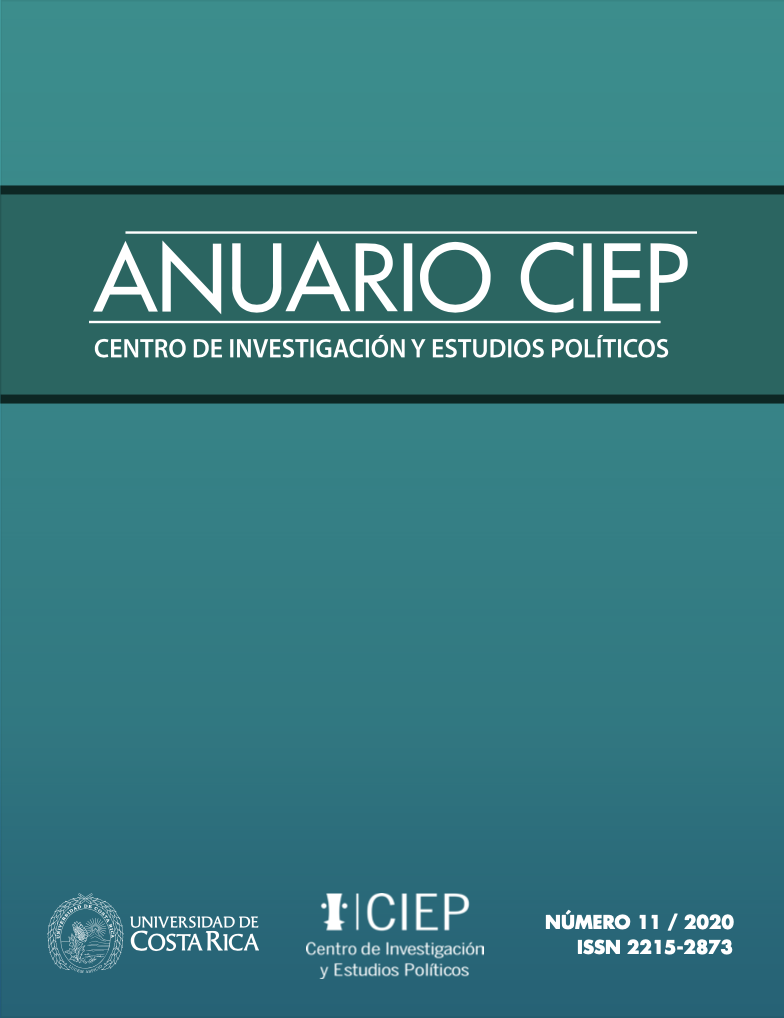Abstract
The expansion of pineapple monoculture has translated not only into increased economic income for the country, but also into social and environmental transformations and impacts for the producing cantons, as is the case of Upala, Guatuso, and Los Chiles. From the theoretical focus of the anthropology of the State of authors such as Abrams (2014), Trouillot (2001), Jessop (2014) and Osorio (2014), the role of the Costa Rican State is analyzed through its policies, practices, omissions and institutional gaps. Moreover, it shows how, based on a series of institutional, territorial, political, economic and social arrangements, the State becomes an accomplice in the consolidation of this industry and the territorial expansion of this crop.

